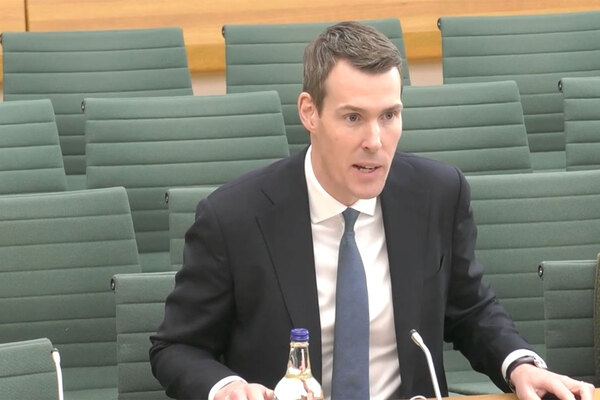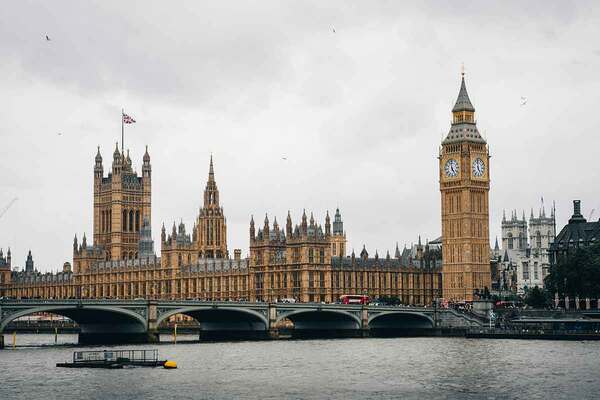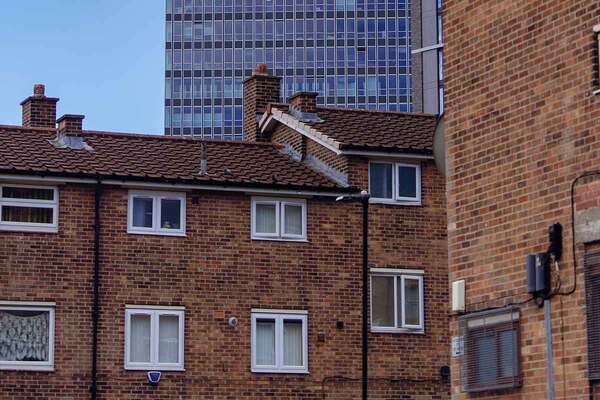You are viewing 1 of your 1 free articles
Labour is right to reconsider its approach to leasehold reform
The Leasehold and Freehold Reform Act has serious flaws, and it requires a considered approach to implementation, writes Natalie Chambers, director of the Residential Freehold Association
After taking a strong stance against the previous government’s approach to reforming the leasehold system while in opposition, Labour has recently announced that it will deliver a whole-of-parliament approach to consulting and implementing its vision for the tenure.
As expected, the new government has now been confronted by the challenges of implementing leasehold reform.
Housing minister Matthew Pennycook has acknowledged that the significant complexities cannot be ignored, and the serious flaws in the Leasehold and Freehold Reform Act must also be navigated to avoid unintended consequences for leaseholders and industry alike.
While some campaigners have called this a row-back from its shadow bench positioning, there is rationale for this more considered approach so those who the policy is intended to protect do not find themselves in a worse position.
Only a small fraction of the Leasehold and Freehold Reform Act 2024 has been brought into force, given that the majority of it was hastily pushed through parliament before its dissolution ahead of the general election.
Little scrutiny was therefore given by the previous government on how the act would work in practice.
Both Labour and the Civil Service have had to sift through its provisions, revealing various issues that could result in unintended consequences for homeowners if not carefully considered.
“While some campaigners have called this a row-back from its shadow bench positioning, there is rationale for this more considered approach”
Mr Pennycook has since announced a range of consultative measures across the act where these serious pitfalls could occur.
The publication of the Grenfell Tower Inquiry’s phase two report has understandably occupied the Ministry of Housing, Communities and Local Government’s attention as it looks to get a grip on the building safety crisis.
Following the publication of the National Audit Office’s report into remediation progress, a spotlight has been shone on the countless roadblocks to remediation that remain in place, over two years since the passage of the Building Safety Act 2022.
The recent setting of a 2029 deadline for remediation works to progress is a sign that Labour is rising to this challenge. However, lingering flaws in the Building Safety Act 2022 are actively hindering the sector from expediting remediation works.
Remedying these should form the next priority for the department over this parliamentary session, ensuring residents in unsafe buildings can be provided certainty as soon as possible.
The shortage of specialists available to remediate buildings will not be resolved by imposing a deadline, nor will it address the various regulatory inconsistencies, funding gaps and delays caused by the Building Safety Regulator.
“Research collected by the previous government shows the vast majority of leaseholders are content with the leasehold system”
Research collected by the previous government shows the vast majority of leaseholders are content with the leasehold system – primarily due to not having to negotiate or take action against neighbours, not having to ensure fellow homeowners pay necessary service charges, and not having legal responsibility for repairs.
On top of this, a majority of respondents to the government’s research stated that they were not interested in personally playing an active part in the management of their building – expressing concerns regarding the time and skills needed to manage large, complex buildings.
Now is the time for action that reflects this, ensuring those upholding best practice are not unlawfully ousted from the sector, while making leaseholders aware of their rights and protections which already exist.
As director of the Residential Freehold Association (RFA) – a trade body representing members who are collectively responsible for circa one million leasehold properties – I welcome this government’s more considered approach.
The RFA has consistently sought to raise standards in the leasehold sector and we will continue to encourage the government to work with the industry to implement changes that will bring tangible benefits to leaseholders.
Natalie Chambers, director, Residential Freehold Association
Sign up for our regulation and legal newsletter
Already have an account? Click here to manage your newsletters













